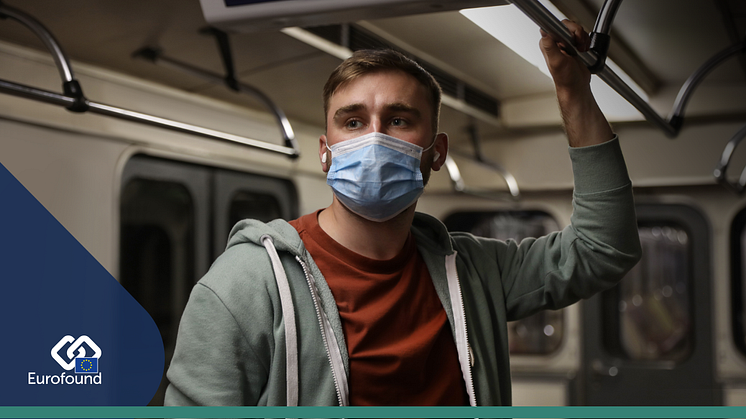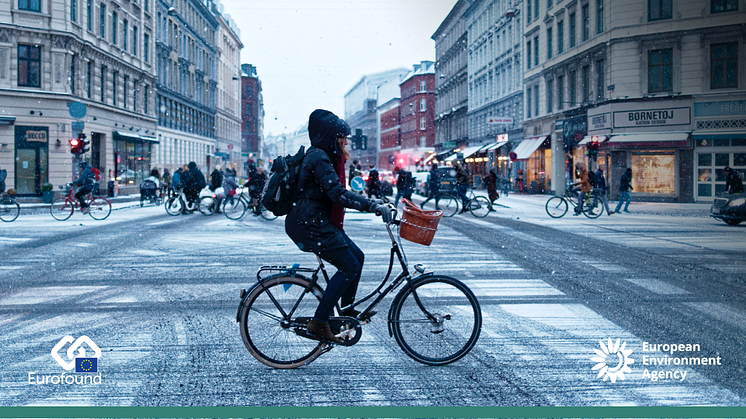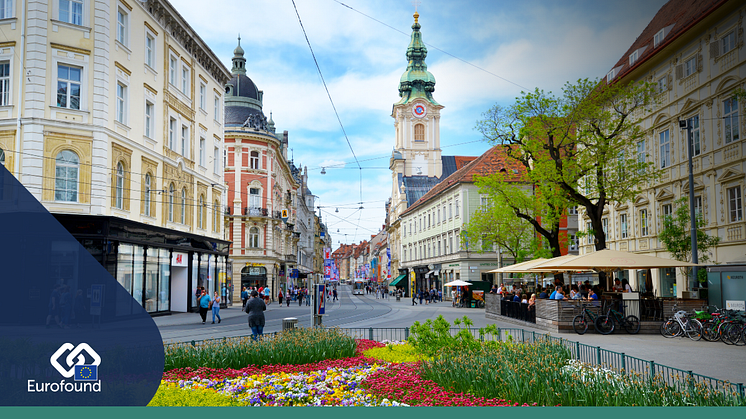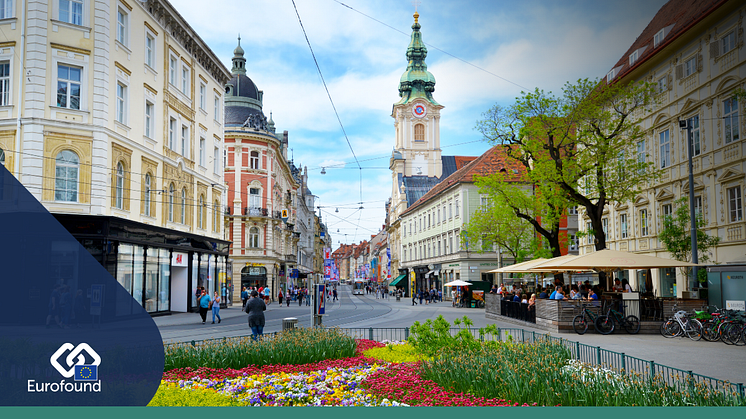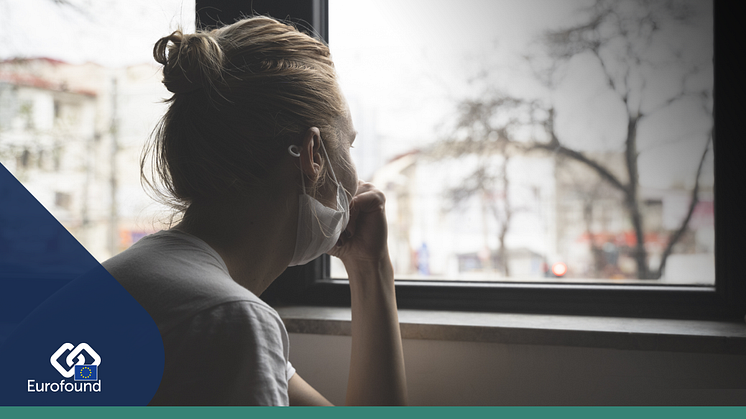COVID-19 brought Europe’s youth recovery to abrupt end
COVID-19 ended a six-year decline in youth unemployment, with young people more likely to find themselves unemployed and to report poor mental health than the rest of the population. Young people were hit particularly hard both economically and socially with the pandemic striking Europe as youth unemployment was returning to pre-economic crisis levels for the first time. Economic and well-being ou
